Former DOJ Lawyer Blasts Bush Torture Policy
Wouldn't it have been chillingly fascinating to watch White House bigwigs in action sometime around 2003, while they played fast and loose with executive power and international law?Wouldn’t it have been chillingly fascinating to watch White House bigwigs in action sometime around 2003, while they played fast and loose with executive power and international law? Jack L. Goldsmith, who headed up the Office of Legal Counsel for a brief and exhausting nine-month tenure in 2003-4, did just that and more. Now, Goldsmith is releasing an explosive book, “The Terror Presidency,” in which he describes numerous clashes with key members of the Bush administration about “the legal limits of executive power in the post-9/11 world,” as Jeffrey Rosen puts it in his New York Times magazine preview of Goldsmith’s story.
Your support matters…The New York Times Magazine:
The heroes of Goldsmith’s book — his historical models of presidential leadership in wartime — are Presidents Lincoln and Franklin D. Roosevelt. Both of them, as Arthur Schlesinger noted in his essay “War and the Constitution,” “were lawyers who, while duly respecting their profession, regarded law as secondary to political leadership.” In Goldsmith’s view, an indifference to the political process has ultimately made Bush a less effective wartime leader than his greatest predecessors. Surprisingly, Bush, who is not a lawyer, allowed far more legalistic positions in the war on terror to be adopted in his name, without bothering to try to persuade Congress and the public that his positions were correct. “I don’t know if President Bush understood how extreme some of the arguments were about executive power that some people in his administration were making,” Goldsmith told me. “It’s hard to know how he would know.”
The Bush administration’s legalistic “go-it-alone approach,” Goldsmith suggests, is the antithesis of Lincoln and Roosevelt’s willingness to collaborate with Congress. Bush, he argues, ignored the truism that presidential power is the power to persuade. “The Bush administration has operated on an entirely different concept of power that relies on minimal deliberation, unilateral action and legalistic defense,” Goldsmith concludes in his book. “This approach largely eschews politics: the need to explain, to justify, to convince, to get people on board, to compromise.”
Independent journalism is under threat and overshadowed by heavily funded mainstream media.
You can help level the playing field. Become a member.
Your tax-deductible contribution keeps us digging beneath the headlines to give you thought-provoking, investigative reporting and analysis that unearths what's really happening- without compromise.
Give today to support our courageous, independent journalists.
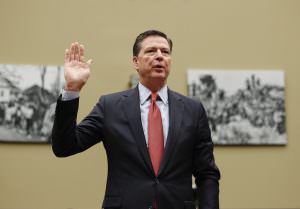

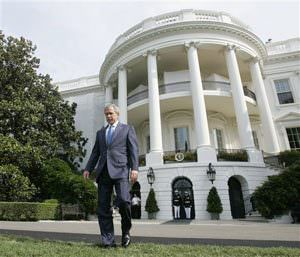
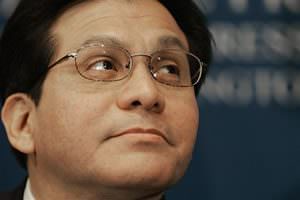
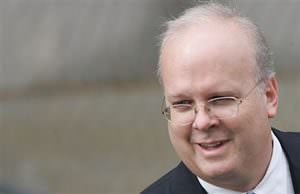
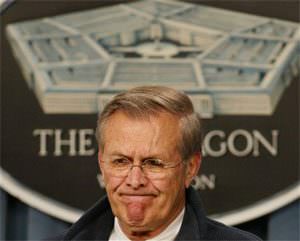
You need to be a supporter to comment.
There are currently no responses to this article.
Be the first to respond.